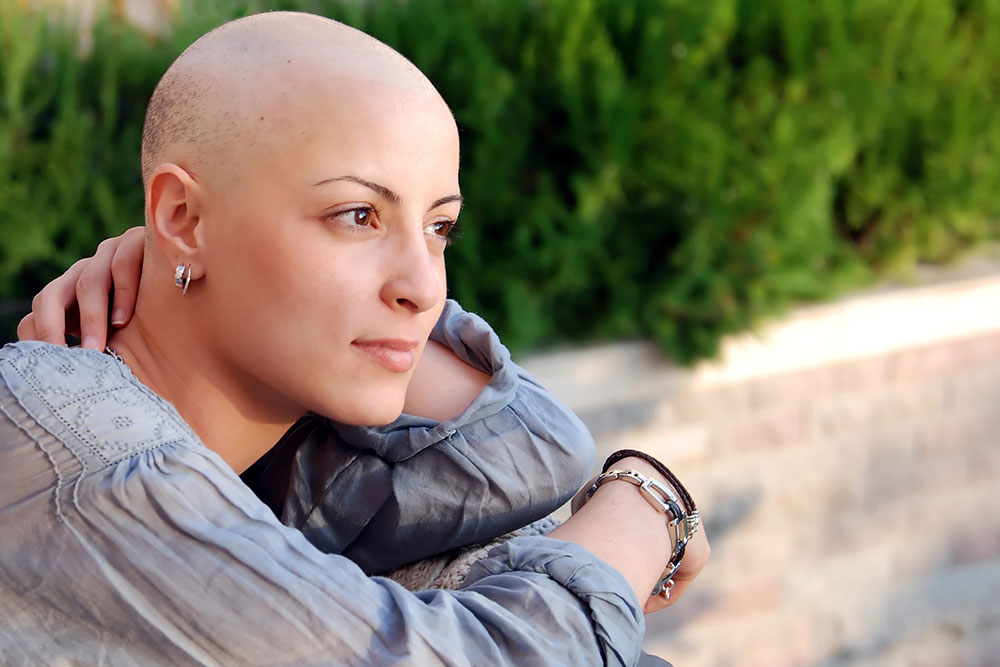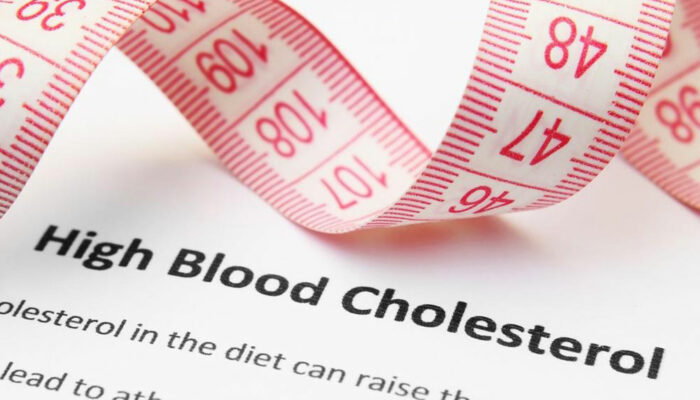
Ways to cope with the side effects of chemotherapy
Chemotherapy is a type of treatment to treat cancer and includes the use of a single or combination of medications. The goal of this therapy is to stop or slow down the growth of cancer cells. The treatment plans depend on the cancer type, chemotherapy medicines used, the goal of the treatment, and how the body responds to the process. The treatment might be on a daily basis, weekly or monthly. The process might be carried out in intervals so that the body gets a chance to build new healthy cells. Chemotherapy medicines can be taken orally, in a shot, as a cream, or intravenously (by IV).
The side effects of chemotherapy
Although this therapy targets cancer cells, it may also damage healthy cells and cause unpleasant side effects. Every patient might not show every single side effect and might show only a few. The severity of side effects is different from person to person. Many side effects go away quickly after the treatment ends but some may take months or even years to completely go away. Some of the side effects and ways to cope with chemotherapy are mentioned below-
Nausea and vomiting – Some medicines administering during chemotherapy can cause nausea and vomiting. Some tips to help control these side effects are-
- Do not skip meals.
- Avoid taking food with cold beverages during meal time.
- Keep the body hydrated.
- Stay away from spicy, fatty or fried food that might be difficult to digest.
- Avoid wearing clothes with a tight waistband.
- Take rest after meals.
Change in taste and loss of appetite- Food may taste bland, salty or bitter with loss of appetite. Eating low-fat foods like vegetables, fruits, and whole grains is more suited for cancer patients. Simple tips to handle change of taste are-
- Eat in small quantities and frequently.
- Eat slowly and chew food properly.
- Do not replace meals with tea and water.
Dry mouth or mouth sores- Some chemotherapeutic medicines can cause inflammation of the mouth and might cause ulcers. It might start after 5 to 10 days of treatment and takes up to 3 to 4 weeks to clear up after the treatment is completed. Some tips to prevent mouth sores- are-
- Keep iced water in your mouth for 5 minutes before treatment and 30 minutes after the treatment ends.
- Use a soft toothbrush to brush teeth twice daily.
- Avoid smoking, drinking alcoholic beverages and eating spicy or acidic food.
- Keep the body well hydrated with fluids.
Diarrhea or Constipation- Some chemotherapy medications can upset your digestive system, causing stool to either dry up or become too watery, leading to constipation or diarrhea. Some tips to handle them are-
- Eat plenty of fresh fruits and vegetables.
- Keep the body hydrated by drinking 8 to 10 glasses of water.
Skin problems- Skin problems like acne and rashes can be expected as a side effect of chemotherapy. Hydrocortisone or topical anesthetics can be applied to control itching and irritation.
Hair loss- One of the visible side effects which usually occurs 3 to 4 weeks post chemotherapy treatment is hair loss. Wearing cotton caps to prevent hair from falling and using soft bristle brushes will help manage the problem. Using essential oils to nourish your hair and scalp is also a good idea.
While dealing with cancer is a challenging feat, chemotherapy’s side effects can make the journey seem harder. But with the above tips, you can live a better life now.



